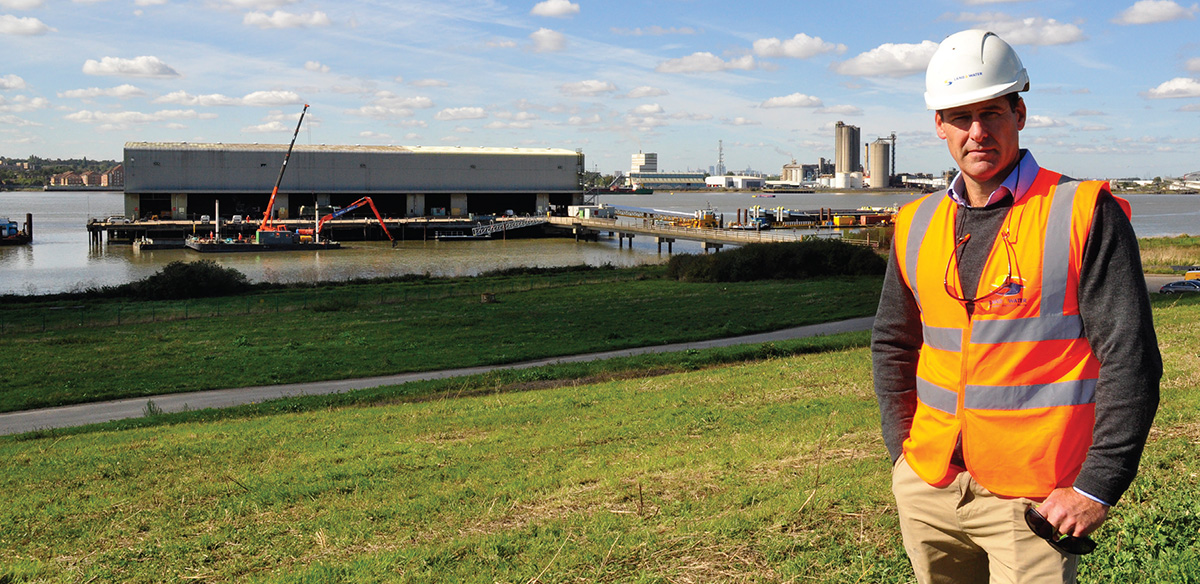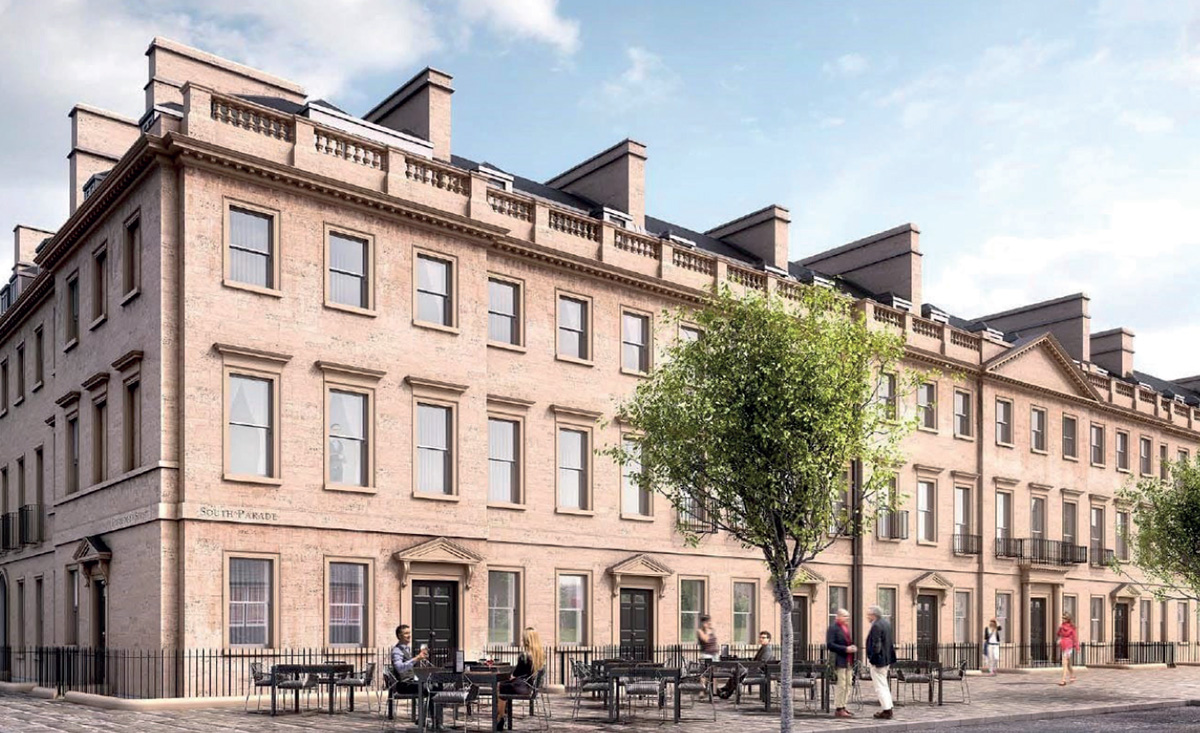
The Past Year
The past 15 months have seen chall-enges for all individuals and businesses across all sectors because of the coronavirus. The resulting lockdowns impacted most commercial tenant’s businesses from the way they trade when they can open and even what they can sell, and many companies have had to close their doors for good. Over the last year or so, one of the main concerns for commercial tenants is “do I have to pay my rent even though I am not permitted to trade?”
The short answer is – yes. However, whilst the Government introduced various measures to help businesses in these testing times, the rent payable under a commercial lease (arguably one of the most significant overheads for any business after wages) was not provided for in the package of support measures. A commercial lease is a contract between the landlord and the tenant to, amongst other things, pay rent as and when the lease dictates.
Where do I stand?
Some commercial tenants have tried to put a case forward whereby they have argued that they cannot use their premises (due to the restrictions) and so they should not have to pay the rent. Unfortunately, this is not the case because the lease creates a contract between the landlord and tenant and a promise to pay rent. The lease provides for the suspension of rent payments, but only in limited circumstances such as the destruction of the premises. The rent must be paid, pandemic or not.
The exception to this general rule is where the landlord and tenant can agree otherwise and negotiate a rent suspension and/or rent concession. Whilst not an ideal situation from the landlord’s perspective, agreeing to such measures in the short-term may aid the long-term viability of the business and, consequently, rental income, particularly if the property may be difficult to relet post-pandemic.
Whilst tenants of existing leases have limited options for rent suspension or concession; there are options for incoming tenants taking new commercial premises, which should be considered when negotiating heads of terms such as break and rent suspension clauses.
Break Clauses
Break clauses are common in fixed-term commercial leases but often forgotten by tenants when negotiating the terms of a new lease. Breaks provide for the tenant to terminate the lease at fixed points during the lease term, without reason but on the basis that a sufficient notice period is given to the landlord, usually six months. The lease often specifies that the break will only be possible if certain conditions are satisfied, such as rent being paid up-to-date and no breach of other terms of the lease. Provided the tenant has complied with the lease provisions, there should be no reason why the break cannot be exercised. However, failure to serve the break notice correctly could mean the difference between ending the lease and being released from liability to pay rent or remaining liable for the remainder of the term, so seek legal advice first.
The existence of a break in the lease can be exercised for any reason, and there will be tenants that are currently relying on those breaks to escape their obligations under their commercial leases as the impact of the virus is felt.
COVID-19 rent suspension clauses
With future lockdowns being possible, tenants should consider negotiating the inclusion of a clause that suspends the payment of rent if mandatory measures imposed by the Government require the tenant to cease use of its premises or require the landlord to restrict or prevent access to the premises.
This clause may seem only to benefit the tenant. However, as we see a move towards long-term home working, the demand for commercial premises may suffer. Therefore, landlords would be wise to consider terms they may not have previously considered if the result is to secure a tenant and rental income.





